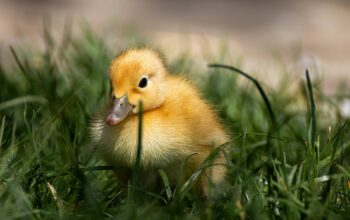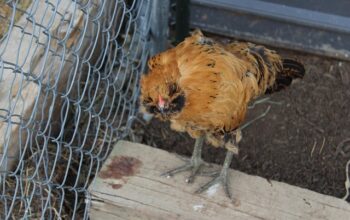Farming practices are adopting sustainable fencing farm solutions with eco-friendly materials like wood, bamboo, and recycled plastics to enhance aesthetics and environmental benefits. Living fences and biodegradable options promote biodiversity, improve soil health, and reduce waste. Modular systems and vertical farming techniques maximize space, enabling farmers to grow more crops while preserving natural resources and meeting food demand through green fencing.
Looking to enhance your farm with eco-friendly fencing options? Discover sustainable materials and innovative designs that not only protect your property but also contribute to a greener environment. From natural barriers to advanced farming techniques, this guide explores the benefits of green fencing for your fencing farm. Learn about environmentally conscious materials, efficient practices, and the positive impact on your farm’s ecosystem.
- Sustainable Fencing Materials for Farms
- Natural Barriers: Eco-Friendly Options
- Innovative Designs for Efficient Farming
- Benefits of Green Fencing for Your Farm
Sustainable Fencing Materials for Farms
Farms are increasingly adopting sustainable practices, and this trend extends to the choice of fencing materials. When it comes to eco-friendly options for Fencing Farm settings, several innovative and durable materials stand out. Natural, renewable resources like wood from certified sustainable sources, bamboo, and hedging plants offer both aesthetic appeal and environmental benefits. These materials are not only visually pleasing but also provide excellent privacy and security while promoting biodiversity.
For a truly eco-conscious approach, recycled plastic and metal fencing options are gaining popularity. These products are made from repurposed materials, reducing the demand for new resources and minimizing waste. They are long-lasting, require minimal maintenance, and offer a wide range of styles and colors to suit different farm landscapes. Additionally, some farmers opt for living fences, utilizing plants that grow and provide a natural barrier, further enhancing the farm’s ecological footprint.
Natural Barriers: Eco-Friendly Options
Natural barriers offer an eco-friendly fencing farm solution that not only enhances aesthetics but also promotes biodiversity. Options like living fences, where certain plant species are interplanted to form a dense barrier, provide both structural support and habitat for wildlife. These organic alternatives reduce the need for chemical treatments and maintenance, making them a sustainable choice for farmers seeking to minimize their environmental impact.
Additionally, natural barriers can include the use of biodegradable materials like bamboo, hemp, or wood chips. Bamboo fences, for instance, are known for their rapid growth and strength, while hemp-based options offer excellent insulation properties. Wood chip fences not only serve as a protective barrier but also contribute to soil health by slowly breaking down over time, creating rich organic matter that benefits the farm’s ecosystem.
Innovative Designs for Efficient Farming
In today’s world, farmers are increasingly adopting innovative designs in fencing farm materials to create efficient and sustainable solutions. Eco-friendly fencing options not only contribute to a greener environment but also offer practical benefits for agricultural operations. These designs incorporate advanced technologies and natural materials to enhance productivity while minimizing ecological impact. For instance, modular fencing systems utilize recycled plastics and metals, allowing for easy installation and reconfiguration, catering to the dynamic needs of modern farms.
Additionally, vertical farming techniques integrate vertical fencing structures that maximize space utilization. These creative approaches enable farmers to grow more crops in less area, optimizing land use efficiently. By embracing such innovative designs in fencing farm materials, agricultural practices can evolve to meet the growing demand for food while preserving natural resources for future generations.
Benefits of Green Fencing for Your Farm
Green fencing, made from eco-friendly materials, offers a wide array of benefits for your farm. Firstly, it promotes environmental sustainability by reducing the carbon footprint associated with traditional fencing options. These natural barriers are typically constructed using renewable resources like bamboo, recycled plastic, or organic plant fibers, minimizing harm to local ecosystems and preserving natural habitats.
Moreover, green fencing enhances the overall aesthetics of your farming operation. The natural colors and textures of these eco-friendly materials blend seamlessly with surrounding landscapes, creating a picturesque setting that can boost the market appeal of farm produce. Additionally, many green fencing options are designed to be long-lasting and low-maintenance, ensuring your farm remains protected without requiring frequent replacement or extensive upkeep.
Eco-friendly fencing isn’t just a trend, it’s a necessary shift towards sustainable farming practices. By choosing materials like recycled plastic, bamboo, or organic wool, farmers can reduce their environmental impact while still enjoying the benefits of robust and aesthetically pleasing barriers. Innovative designs further enhance efficiency, allowing for optimal livestock management and improved land conservation. Embracing green fencing is not only good for the planet but also a smart investment in your farm’s long-term success.




